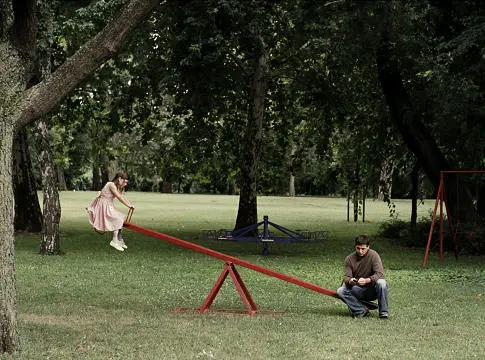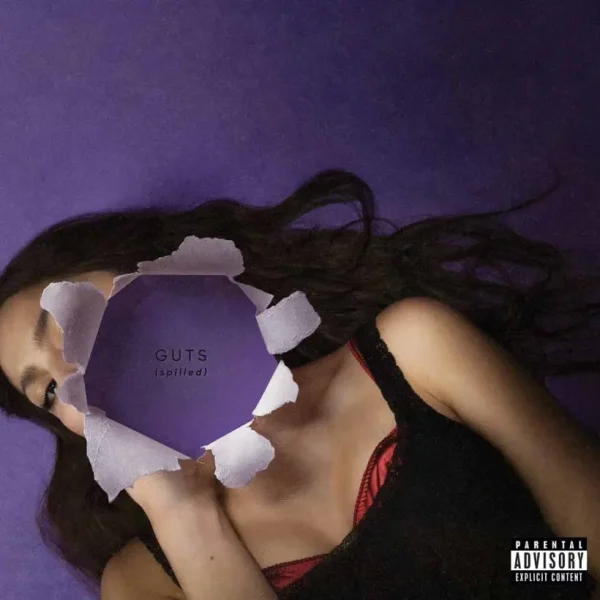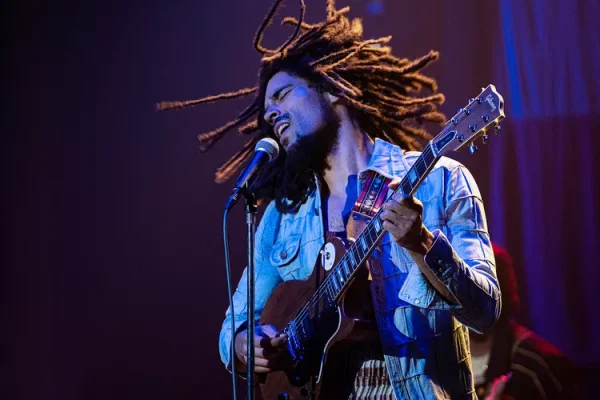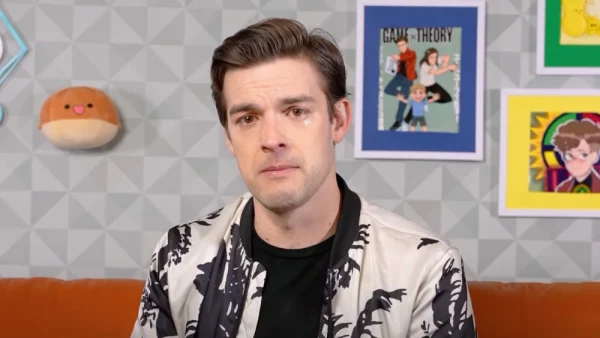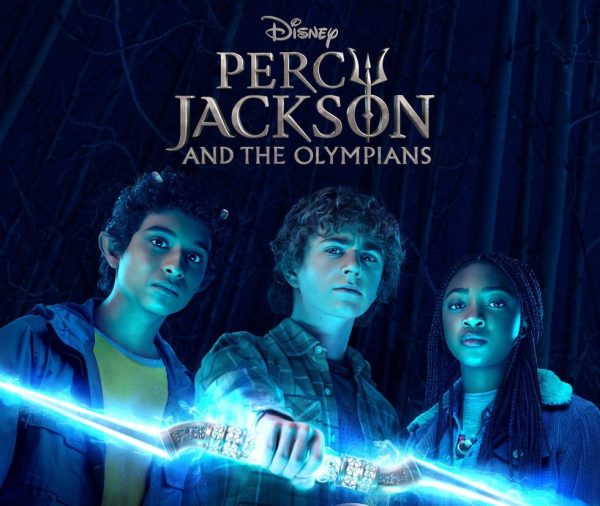The Fallout: The devastating truth to school shooting PTSD
The Fallout, released on January 27th, 2022, consists of 16-year-old Vada Cavell (Jenna Ortega) and Mia Reed (Maddie Ziegler) experiencing something a high school student should never have to: a school shooting. These are a common occurrence in America, so seeing this on the news would not be surprising, would it? It wouldn’t, however, for mass shooting victims, it can be an automatic trigger back to the day it happened to them. We see this at the end of the film when Vada seems to finally gain some peace, and Vada receives a notification that sends her into emotional distraught. The notification reads that another school shooting has unfortunately occurred in Ohio. Vada’s reaction, as the credits roll, illustrates how triggering media coverage can be on traumatic events such as these.
Throughout the movie, we see Vada and Mia attempting to cope with their new trauma and PTSD by confiding in each other. Vada does heaps of unhealthy ways of coping with her trauma. Vada chooses not to talk about how she feels about it, she sweeps it under the rug. Vada also turns to drugs and alcohol to make her feel better. Vada constantly calls herself a “chill” and “lowkey” person when all she is doing is burying her emotions. Emotions such as grief, anger, and sadness. Mia also copes in unhealthy ways as throughout the film we always see her drinking wine and she is also hardly at school.
PTSD can vary in many various ways depending on the person. It’s a stress disorder that is diagnosed in individuals who experience traumatic events, school shootings being one of these. According to American Psychological Association’s What happens to the Survivors, it reads, “The National Center for PTSD estimates that 28 percent of people who have witnessed a mass shooting develop post-traumatic stress disorder (PTSD) and about a third develop acute stress disorder.” This affects and affected Vada and Mia since they react to the things that seem small, such as pops from a bottle.
Drawing near the ending of the film, Vada finally allows herself to feel. She does this by screaming how she feels out loud with her father. Though this was a touching moment for Vada, the ruinous end to the movie is also approaching.
This ending portrays a never-ending cycle of trauma, with every notification and news article covering mass shootings deepening the wounds. Vada can never truly heal and her story is shared among thousands of survivors around America. Keep in mind, Vada is only 16 and she is suffering from this horrible disorder due to mass shootings in America still being tragically common.
“I think it captures the effects well as most movies don’t really show how much it would really affect you in basically any setting. I think the acting was great, there was good chemistry between the cast and no moment felt unreal or fake. I think this movie will help spread awareness of school shooting issues. I portray the ending as the movie showing how triggering something can be for victims as she was doing one moment then the next was clearly distressed.” explains Junior Matthew Haros.
Haros does great at expressing how the movie shows how these events can affect you mentally. When Vada felt “okay at one moment then the next clearly distressed” is an amazing example that Haros stated.
“Though I have never experienced a school shooting, I can only imagine the anxiety and fear when the shooting happens. It also shows the impact a traumatic experience can have on a teenager. The acting was pretty good. Jenna Ortega did phenomenally. As someone who has never experienced a shooting, I have a sense of what happens and what to do. The ending was good. The end dives into the PTSD of the main character. How a notification can trigger someone.” says Sophomore Olivia Esquivel.
Esquivel brings up the point that they know what to do now if a school shooting ever occurred to them. Other mass shooting movies such as I’m Not Ashamed and Beautiful Boy do not focus on what to do and how to cope with being in this situation however, The Fallout masters that.
Another interesting and intriguing thing about The Fallout is that the film does not put any attention on the assailant, which other movies such as We Need to Talk About Kevin do. This is something the media does as well. The focus is always put on the attacker and gives them the attention they do not deserve. This makes The Fallout so different from other school shooting films.
“I do think that movie did a great job on portraying school shootings. One is because it wasn’t expected, nobody ever expects somebody to shoot up their school like that. Two, because of the PTSD that was left with the students that were at school that day. The acting was great. I do not think this will bring awareness to school shootings in America because for the past years these types of things have been happening and very time not much is being done about it. So, about the ending, I do think it was unexpected but I also think it was a great way to end the movie. I do believe it was the main character’s little sister’s school.
Guiza brings up two insightful points about this film not bringing any awareness and the notification at the end of the movie was the little sister’s school that was attacked. Guiza is correct about these tragic events happening, nothing is done just for it to happen again. Especially with this movie being mainly focused on the traumas and not so much preventing it from happening.
The Fallout is groundbreaking and powerful to watch to dive into what media coverage and horrible events can do to a teenager in today’s society.


